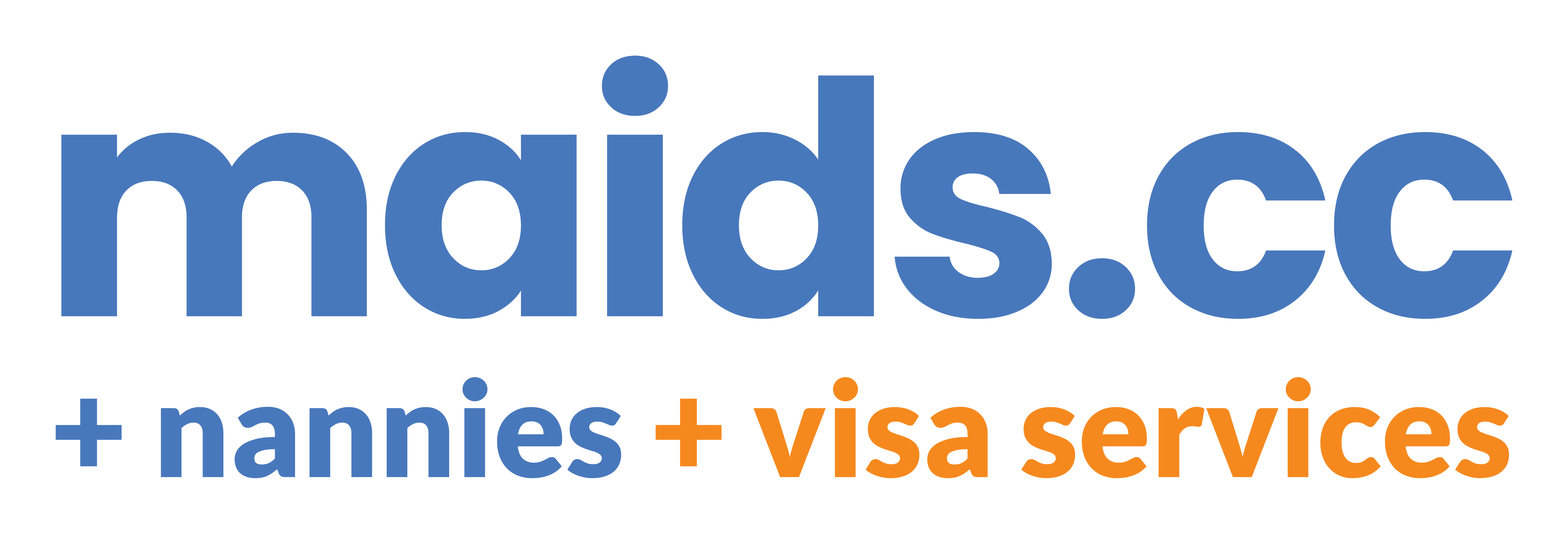What are the Top 10 Tips to Tell Your Nanny Before She Takes Care of Your Newborn
2 years ago
As parents welcoming a newborn into the family, we know that your world transforms. Each cooing sound, each gummy smile is pure magic, but it’s also a path that can lead to long nights and tiring days.
We understand every child, every parent, and every household is unique. That’s why we encourage you to communicate openly with your nanny to ensure she’s prepared to offer the best possible care to your baby. Here are some tips on key points to discuss:
- Talk About Food:
Babies have their own unique rhythm when it comes to feeding. It’s important your nanny knows about your baby’s feeding schedule, what type of milk they have, and how much they usually eat. - What’s a Day Like?
Every baby has a routine – a sort of ‘day in the life.’ It’s important to share this with your nanny, including when they sleep, wake up, and the activities they engage in. - Feeding Style:
All babies are unique when it comes to feeding. Some have a favorite position or bottle. Make sure your nanny knows what works best for your baby. - Sleeping Patterns:
Talk about your baby’s sleep habits. Where does the baby sleep? Do they like a specific lullaby or a special bedtime routine? - Health Check:
It’s crucial to inform the nanny about any health issues, allergies, or medication your baby may have. - Growing Up Fast:
Let your nanny know about the milestones your baby has hit and what’s expected next. This will help her stimulate and support your baby’s development. - Play and Learn:
Babies learn a lot through play. Share the toys or activities you use for your baby’s mental and physical stimulation. - Setting Boundaries:
Even tiny tots need discipline, and it’s better when it’s consistent. Discuss with your nanny how you handle this. - Favorite Things:
Every baby has things they love. It could be a toy, a book, or a song. Sharing these can be a great help for your nanny to comfort and engage your baby. - Allergy Alerts:
Allergies can be serious. Make sure your nanny knows about any allergies your baby might have and what to do if there’s a reaction.
These tips can help your nanny cross a milestone in taking care of your newborn, as you can set them up to provide the best possible care for your baby and have peace of mind knowing that your little one is in good hands.
Let’s change gears a bit. Here are some questions that you might want to ask your nanny to ensure you are on the same page:
- Can you walk me through the feeding schedule I’ve set for the baby?
- What’s your understanding of the baby’s daily routine?
- Can you tell me about the baby’s feeding preferences?
- What would you do to get the baby to sleep based on their habits?
- Can you list any health issues or allergies the baby has?
- What developmental milestones are you aware of and how would you support the baby to reach them?
- What toys or activities would you use to stimulate the baby?
- How would you enforce discipline based on our discussion?
- What are some of the baby’s favorite things that you might use during your care?
- If the baby has an allergic reaction, what steps would you take?
And here’s something important to remember: Your nanny is not just an employee. She’s a part of your support system. She’s there to provide high-quality care to your little one and to give you peace of mind. And as for us? We’re here to ensure the hiring process is as smooth as possible by handling all the administrative work, including visa procedures. We’re committed to making your journey of parenthood a little easier, a little less stressful, and a lot more enjoyable.



